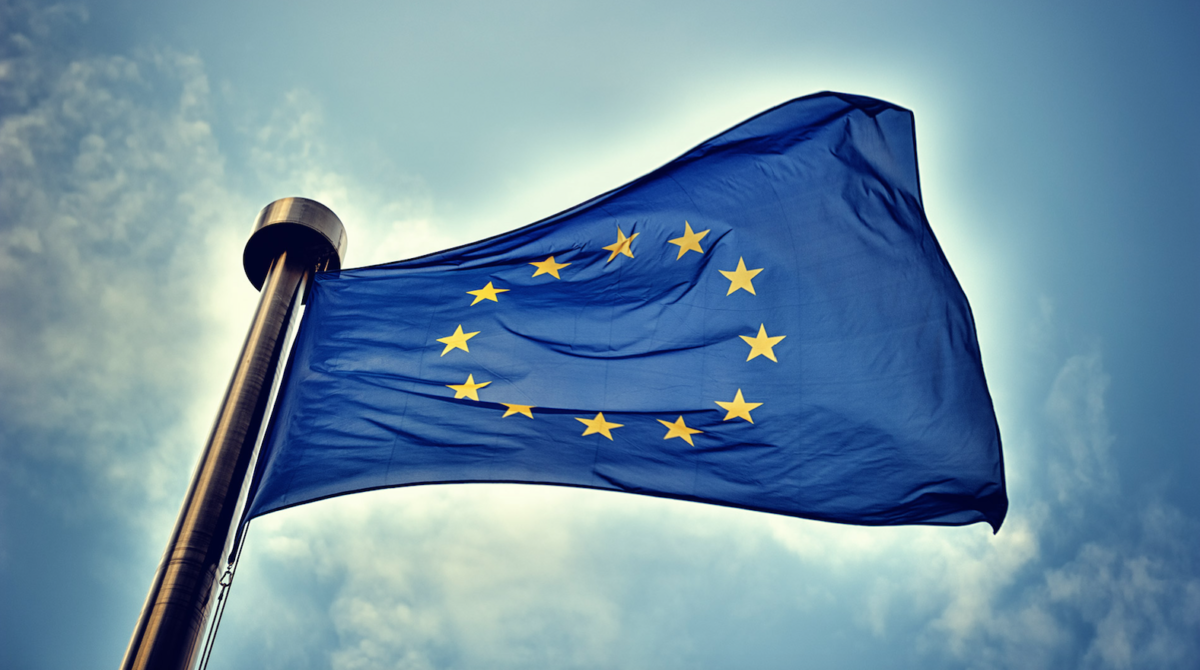NOW, MORE THAN EVER, WE NEED A STRONG AND INCLUSIVE BILL OF RIGHTS FOR NORTHERN IRELAND

The majority of people in Northern Ireland voted to remain in the EU, despite the fact that the overall UK vote resulted in a leave outcome.
There is a lot of confusion about what impact the leave vote will have on human rights protections in Northern Ireland. To clarify, the Human Rights Act – the core human rights law in the UK – which gives effect to the European Convention of Human Rights (ECHR), will remain unchanged by this vote (although it is subject to a different threat from the current government).
Nevertheless, the EU is not silent on human rights. It has its own distinct system of human rights protections through the EU Charter of Fundamental Rights. The Charter protects a more extensive range of rights than the ECHR – including specific protection for the rights of the child and of older people, rights to social security and healthcare. It also mirrors the rights in the ECHR, such as freedom from torture, freedom of expression, right to respect for family life, among others. This has also been particularly important in relation to citizenship and family rights, rights to environmental information, women’s rights and worker’s rights, where the EU has set a common European baseline for rights protection.
In the aftermath of the leave vote, the impact on human rights will not be immediate. However, the Consortium is concerned that the process of negotiating the exit of the UK from the EU could lead to a lowering of human rights protection.
To safeguard against the dilution of human rights standards, we now urge the UK government to fulfil one of its outstanding obligations under the peace agreements and to implement a strong and inclusive Bill of Rights for Northern Ireland.
ENDS
NOTES TO EDITORS
- The Human Rights Consortium is Northern Ireland based NGO with almost 160 member groups drawn from all communities and backgrounds across Northern Ireland.
- The purpose of the Consortium is to work towards a human rights based society with a strong and inclusive Bill of Rights at its core.
- The European Convention of Human Rights was adopted in 1950 and entered into force on 3rd September 1953.
- The EU Charter of Fundamental Rights was adopted through the Lisbon Treaty in 2007.
- For further information on human rights and the EU, refer to our website https://www.humanrightsconsortium.org/eu-referendum-human-rights/ and our ‘Nuts and Bolts’ guide http://rightsni.org/2016/06/nutsandbolts/
- For more information contact
Dr Claire McCann
Tel: 02890 313780